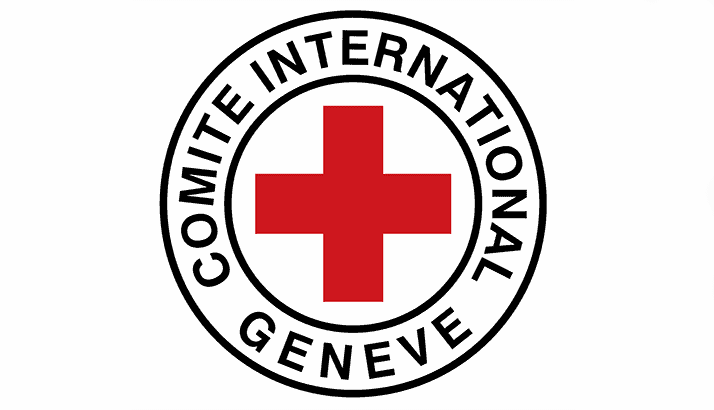The government of socialist Daniel Ortega expelled from Nicaragua the resident delegate of the International Committee of the Red Cross (ICRC), Thomas Ess, whose humanitarian organization allowed relatives to know the health situation of dozens of imprisoned opponents.
“The International Committee of the Red Cross (ICRC) confirms that it has received a letter in which the Nicaraguan government notifies that it has decided to withdraw the approval of our head of mission in Nicaragua,” said María Cristina Rivera, communications coordinator for the Red Cross in Mexico and Central America.
A withdrawal of approval implies the departure from the country of the official, who has already left Nicaragua.
“We do not know the reasons for this decision that took us by surprise. Despite this situation, the ICRC ratifies its commitment to continue its humanitarian work in Nicaragua, adhering to its principles of neutrality, impartiality and independence”, explained Rivera.
The expulsion of the ICRC delegate comes days after a similar decision taken against the Vatican representative in Managua, Waldemar Stanislaw Sommertag, “imposing on him to leave the country immediately”, a fact that the Holy See described as “serious”.
The president of the Episcopal Conference of Nicaragua, Bishop Carlos Herrera, said at the time that relations between Sommertag and the government of Daniel Ortega “were not good”.
It also comes a day after the permanent representative of Nicaragua to the OAS, Arturo McFields, called the Ortega government a “dictatorship” and denounced the poor prison conditions of dozens of “political prisoners” in his country.
More than 40 government critics were detained last year, including seven potential electoral rivals of Ortega, who won the November presidential election for a fourth consecutive term.
The detainees, most of them in a Managua police jail known as El Chipote, are accused of “undermining national sovereignty”.
The expulsion of the ICRC delegate also comes a week after the ICRC’s head for Mexico and Central America, Jordi Raich, was decorated by the Ortega government at the end of his mission in the region.
Concerns about expulsion
Families of the imprisoned opponents had recently denounced that the government denied the ICRC to enter the prison to verify their state of health, in its capacity as a humanitarian organization.
The Association of Relatives of Political Prisoners condemned the expulsion of Ess and valued the support of the institution it led, which “has played an important role” for the prisoners and their relatives, “coordinating” to “verify the health situation inside the prisons”.
The NGO pointed out that in the absence of information from the authorities about their detained relatives, it was through the ICRC that they had “specific news” about their medical needs.
For the president of the independent Nicaraguan Center for Human Rights (Cenidh), Vilma Núñez, the government’s action against the ICRC delegate is “worrisome”.
One of the detainees, former guerrilla Hugo Torres, died in a hospital after spending several months in prison.
“We hope that the ICRC overcomes this situation, replaces its official and continues its monitoring functions, transmitting to the government serious situations inside the prison,” said Núñez.
For Juan Pappier, Americas researcher for the NGO Human Rights Watch, the expulsion of the Red Cross representative is “an irrefutable demonstration that the regime has zero tolerance for any international scrutiny of human rights”.
“The ICRC has always worked very closely with us making every possible attempt to attend to and corroborate our appeals about the health of our imprisoned relatives,” Olama Hurtado, niece of former presidential hopeful Juan Sebastian Chamorro, sentenced to 13 years in prison, told AFP.
Daniel Ortega, a 76-year-old former guerrilla in power since 2007, accuses his opponents of wanting to overthrow him with Washington’s support. For the international community, the arrest of his critics was a maneuver to perpetuate himself in power.
The International Committee of the Red Cross is a neutral humanitarian organization and arrived in Nicaragua in 2018. At that time, it noted the situation of the hundreds of detainees following protests against the Ortega government, in the midst of a political crisis that still persists.
After a negotiation involving Sommertag and the OAS, an amnesty was granted in 2019 and dozens of them were released. The ICRC accompanied the process as part of its humanitarian work in the country.






